- Stay Healthy. Stay Home.
- Posts
- Stay Healthy. Stay Home. Issue 75
Stay Healthy. Stay Home. Issue 75
Nutrition Movement Wellness Aging In Place Caregivers

As we announced earlier, the newsletter has considerably more content going forward and will now be published every two weeks. There is a large amount of information available for the subjects we cover and it will be more efficient to provide the most relevant content over a two week period of preparation. Please see “Click Here To Learn More” at stayhealthystayhome.net for more detailed information. Feedback and suggestions are appreciated and can be submitted to: [email protected].
We will also introduce you to affiliate relationships over the next several weeks with vendors who will provide valuable, relevant products and services to our subscribers. As we had discussed earlier in the next 30-60 days, we will sell fitness equipment directly to our subscribers and design fitness/exercise rooms for them as well.
Other features and changes will be announced as we go forward.
Mission Statement
To provide information, products and services regarding home based living in a way that preserves the wellbeing of those in the 45-65 year old demographic who want to stay healthy and remain in their homes and for care recipients and their caregivers.
If you have difficulty reading the newsletter in the color scheme below, please click on “Read Online” in the upper right hand corner for black print on a white background.
Care Receivers
Nutrition
From “The Conversation” website, an article that highlights how little education doctors receive regarding nutrition. We feature nutrition at the top of the newsletter each week due to it’s overriding importance to our health. I am very appreciative of the doctors I see but, I have to say, I rely on information for nutrition from registered dietitians I find online, some of whom are featured in this newsletter. I saw a dietitian a number of years ago when I had some digestive problems and have been a proponent of their work ever since. If any issues come up in the future, that is who I will see.

Continuing with Nutrition, Nature Magazine discusses results from a large study that reduced calorie intake for mice. The results found that while cutting calories, fasting and other metabolic measurements, while important, are not as important as genetics, immune health and other physiological indicators. Nature is a very highly regarded scientific journal and it will be intersting to see if this study and others slow the use of some of the weight loss drugs that is growing so rapidly vs eating a healthy diet.

Speaking of diets, there are many of them out there. The Harvard TH Chan School of Public Health lists most of the popular diets, with information to help you make decisions if you want to try one.

Movement
Merdith from Senior Fitness with Meredith brings us a “Get Back On Track” full body workout for beginners who have not been exercising for a while. Meredith with guide you through this workout, taking different levels of fitness into consideration, and, hopefully, getting us all “back on track”!
Hip flexor issues. From Hinge Health, extensive information about our hip flexors and how we can relieve tightness and open our hips. Lack of flexibility in our hips can be a major source of many lower body and back problems, as the article will point out.
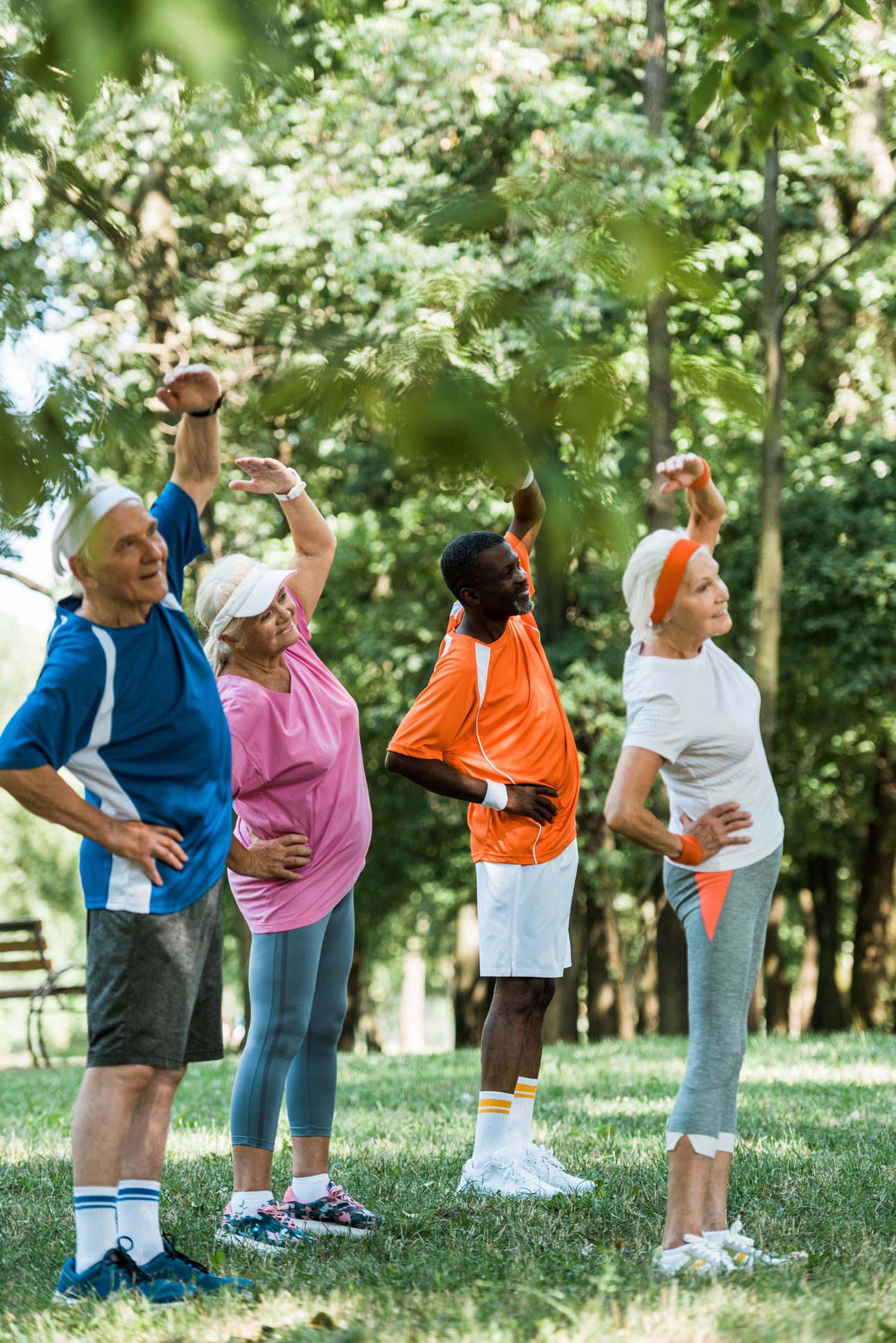
Senior cardio workouts. This from NASM, the National Academy of Sports Medicine. They offer courses to license personal trainers, wellness coaches and sports performance coaches. I thought it might be interesting to look behind the curtain so to speak to see options for senior workouts from their perspective and maybe get some free training advice. Quite a bit here so take what you think applies best to what you are interested in.

Wellness
Our friend Dr. Leslie Kernisan and her associate, Michelle Allen, LCSW, walk us through Medicare enrollment for those of us at that stage. It is that time of year again and I know we are all getting inundated with information these days, but I would trust their knowledge more than others, and, they are not trying to sell you anything.

Yoga, walking, jogging, tai chi, strength training, all of these modes of exercise may treat depression as effectively as therapy. That is what this article proposes. I would not personally give up therapy if I felt it was necessary at the time, but I do know form personal experience that exercise has helped me get through some stressful situations. See what you think after reading this from CNN Health.
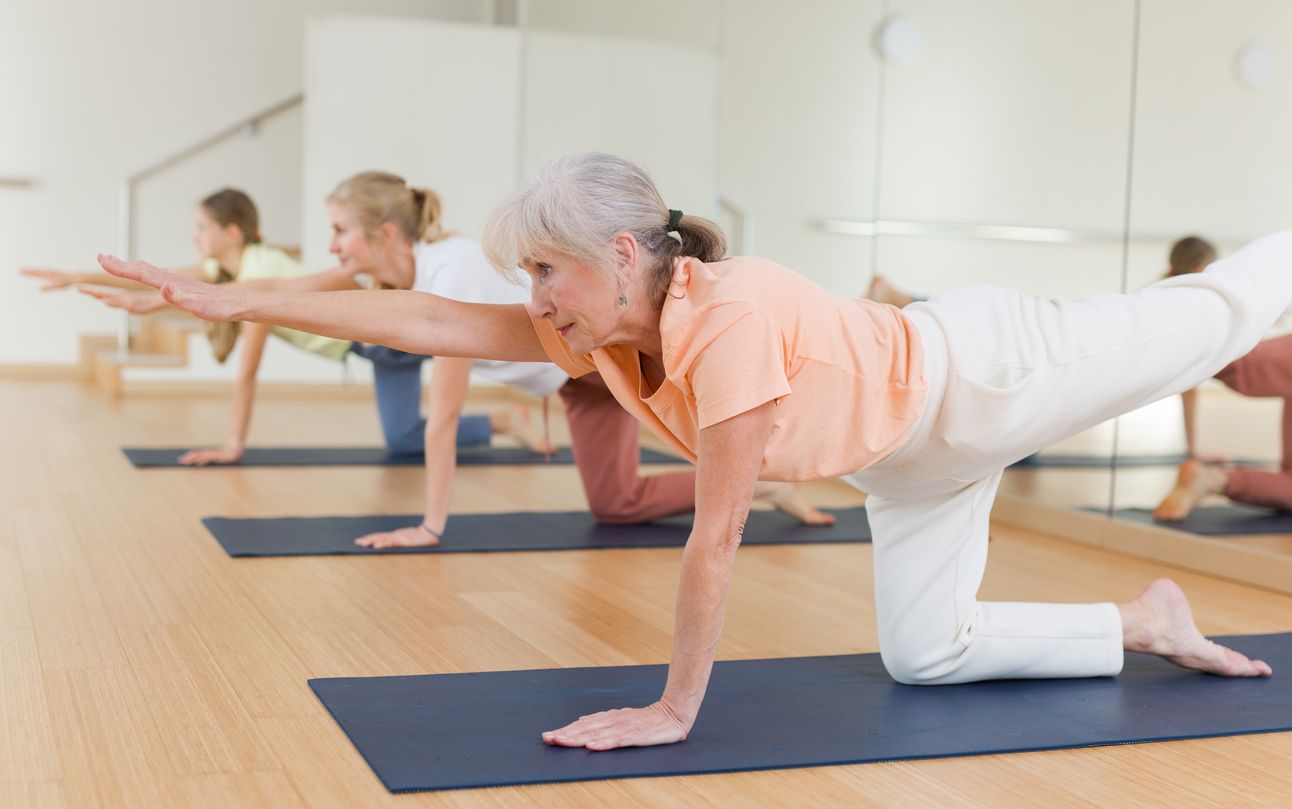
Grip Strength. The Senior Centered PT explains why grip strength is so important to us as we age. She lists numerous issues from physical to mental issues that are effected by having a weak grip. Along with pointing out these issues, she offers grip strengthening exercises we can adopt to work on our grip for a few minutes each day.
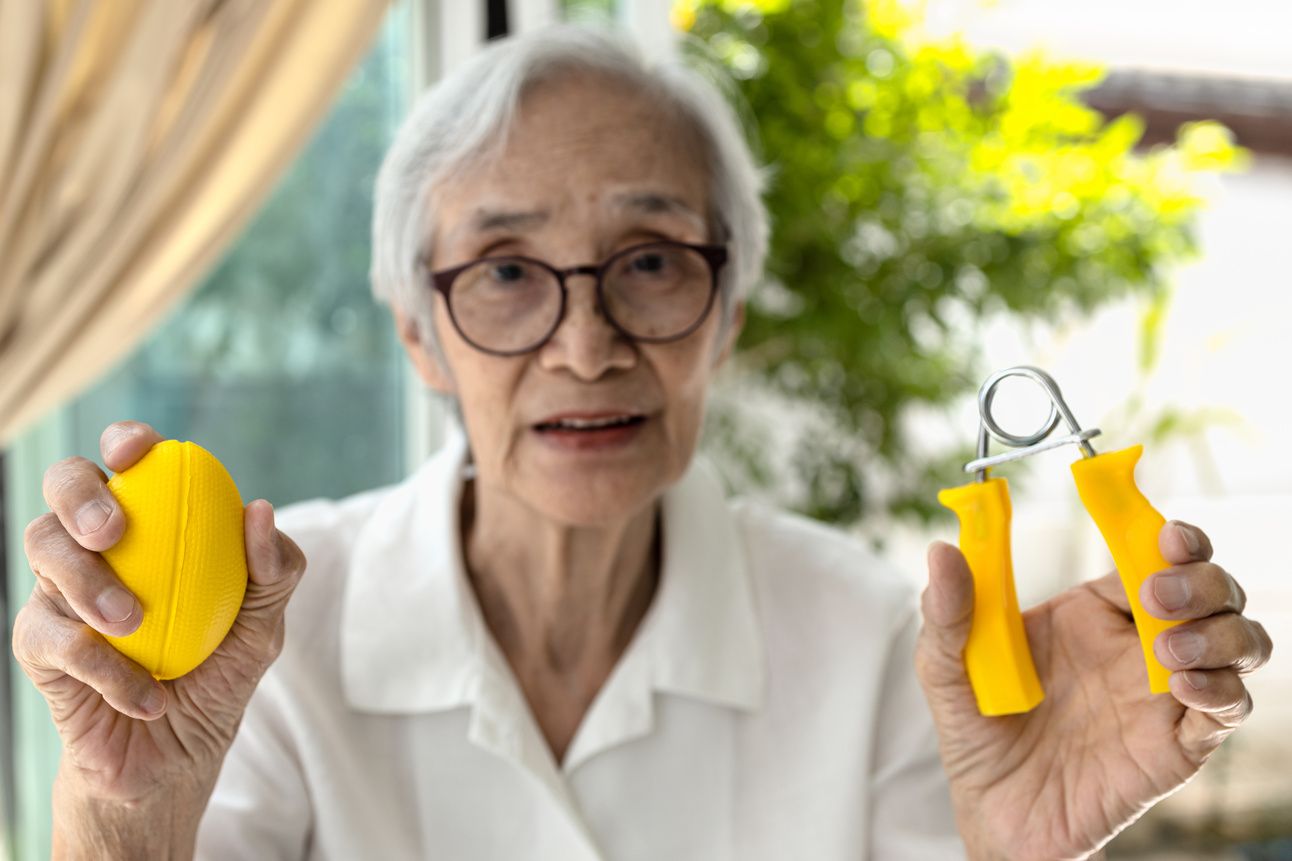
Aging In Place
From Beckers, this is just one example, from a relatively small 14 hospital system in Alabama and Tennessee, that is dropping United Health Care’s Medicare Advantage plan from their system, primarily due to denial of payment of claims. Huntsville Hospitals said United’s denial rate was 75% higher than any other MA plan. I highlight this because I see articles like this every day from all over the country. This is another reason to get and stay healthy as possible and stay out of this system.

NORC, a research group based at the University of Chicago, did a study that showed that 6.5 million senior citizens in the U.S. qualify for Medicare but don’t have the means to afford long term care but earn too much to qualify for Medicaid and are thus shut out of the market. NORC refers to them as “near duals”. As more of us age in the next ten years, these numbers are sure to increase unless there is some legislation that changes things. The people in the picure below could end up being in this group, just like many of us.

Adapting your home to Age In Place. Elderspaces is just one local company that can help with this. There are others in the Chicago area. We will list them in the AIP section going forward. We receive no income from this organization. We just wanted to give you an idea of what is available.

Caregivers
I publish this article understanding there appear to be some political issues here, but the issue of caregivers is so urgent that I think it is a step forward that there is some effort being made to help this work force that will only grow greatly in need in the coming 5-10 years. This is one example of the various groups that provide these services. Like we have spoken about before, family caregivers are in need of help in many ways. We will continue to provide information and look for ways to serve this population.

Senior Housing News. This article emphasizes the demand that is coming for care for those with dementia in the near future. There will be a subsequent demand for employees to care for these patients that will be difficult to meet. The time to plan for these potential eventualities is now. There is no easy solution, but with planning and family and friends cooperating, it can be done.

Matter is an organization accelerating innovation to improve the experience of the caregiver using technology. It is very encouraging that there are organizations like this that are dedicated to this tremendous need in our society. Speaking of technology, like some we have seen before, this guy may be closer to reality in our lives than we realize.

Facebook Groups. Many of you may already belong to one or more, but I thought we would post this list to see if there are any that you might be interested in.
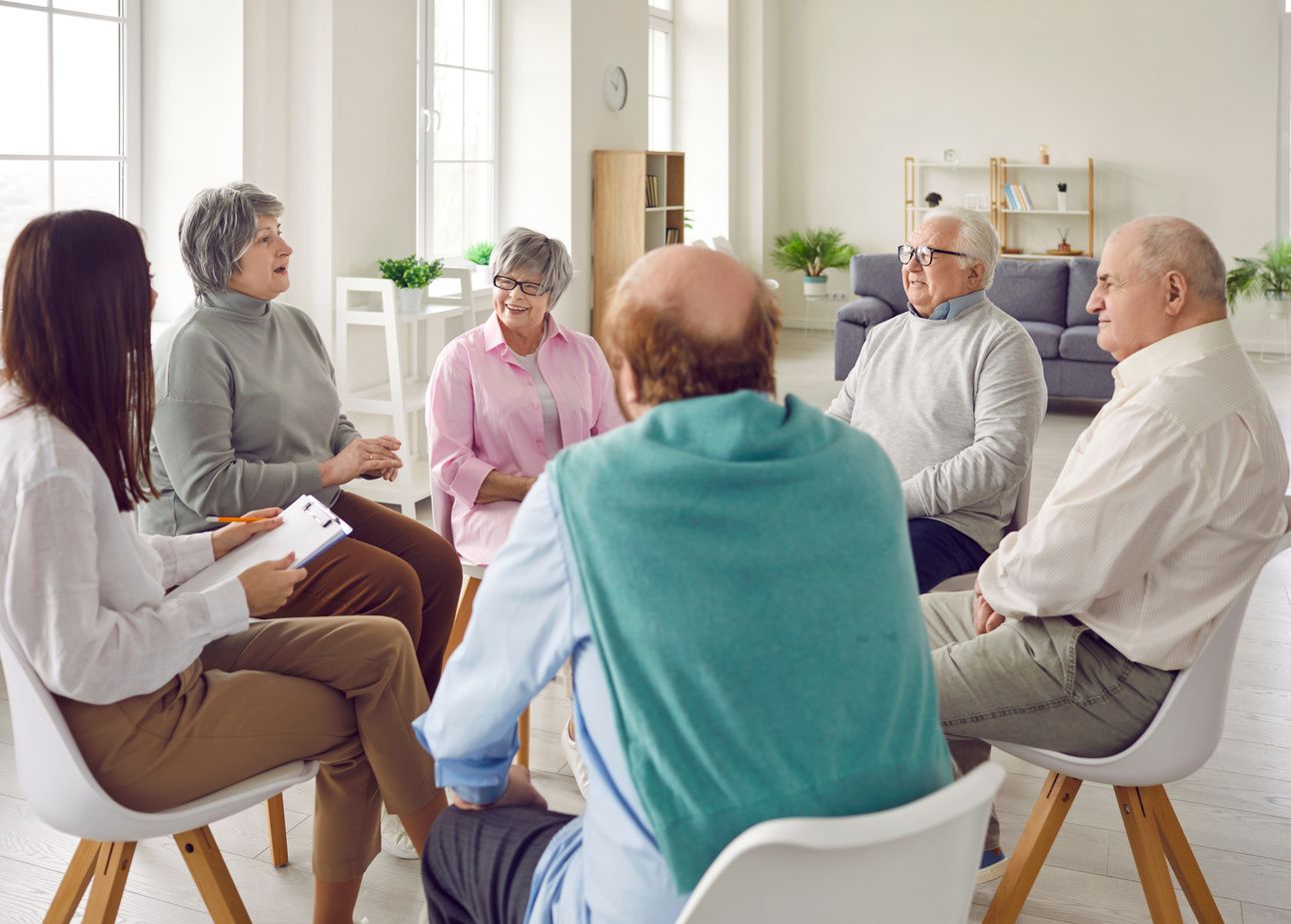
Caregiver Bill of Rights. From the Well Spouse Association, some valuable information for spouses caring for spouses. The first of the rights, to care for oneself, is the most important. As is stated, this is not an act of selfishness. In many cases, the spouse is the only caregiver available. It is imperative that they take care of themselves.

Respite Care. From Healthline some information about the needs for respite care and sources available for it. There may be more help available than we realize to give our caregivers much needed breaks and help. We will continue to search for help for our valued family and friends. Even taking a break and getting an opportunity to sit down with a good book is a big help.

More on respite care from the Family Caregiver Alliance. There is a lot of good information here including to a link to their fact sheet “Taking Care of You”. Again, the most important part of this whole chain.

The Washington Post reports there were 352 health care facilities of all kinds that were evacuated ahead of Hurricane Milton in Florida. The stress on patients in these facilities who go through an evacuation has to be terrible. Once again, more motivation to stay in our homes. In situations like this, it is much better to be in the care of loved ones than be part of a mass evacuation.

And One More Thing
Here is a copy of the summary of the annual health care benefits survey performed by the Kaiser Family Foundation each year. This is considered the most beneficial information of this kind. While many of us no longer receive employer based coverage, many, especially caregivers who are under the age of 65, do.
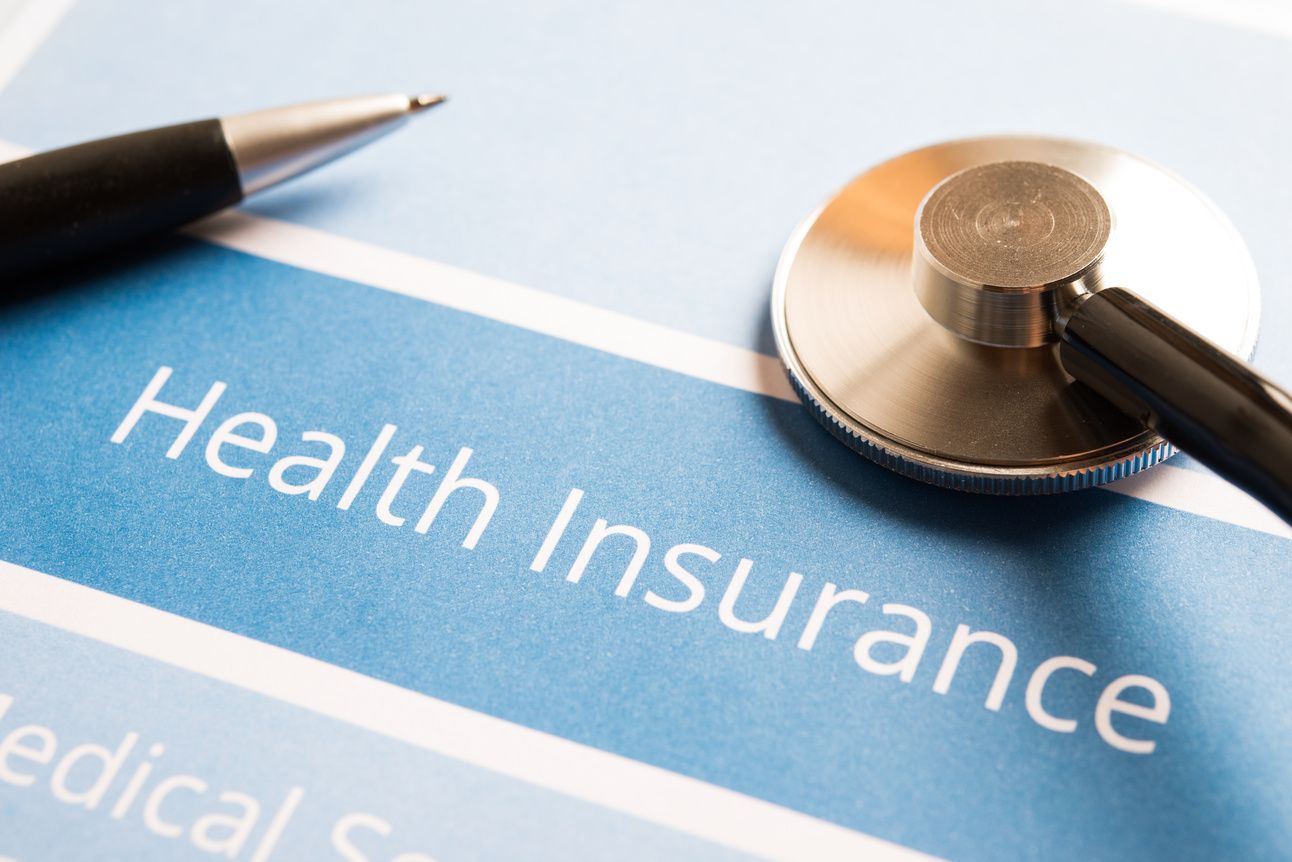
As always, SHSH does not earn income from any vendors or providers featured in this issue. We have no affiliation with any organizations that appear in any ads you may see.
Reply